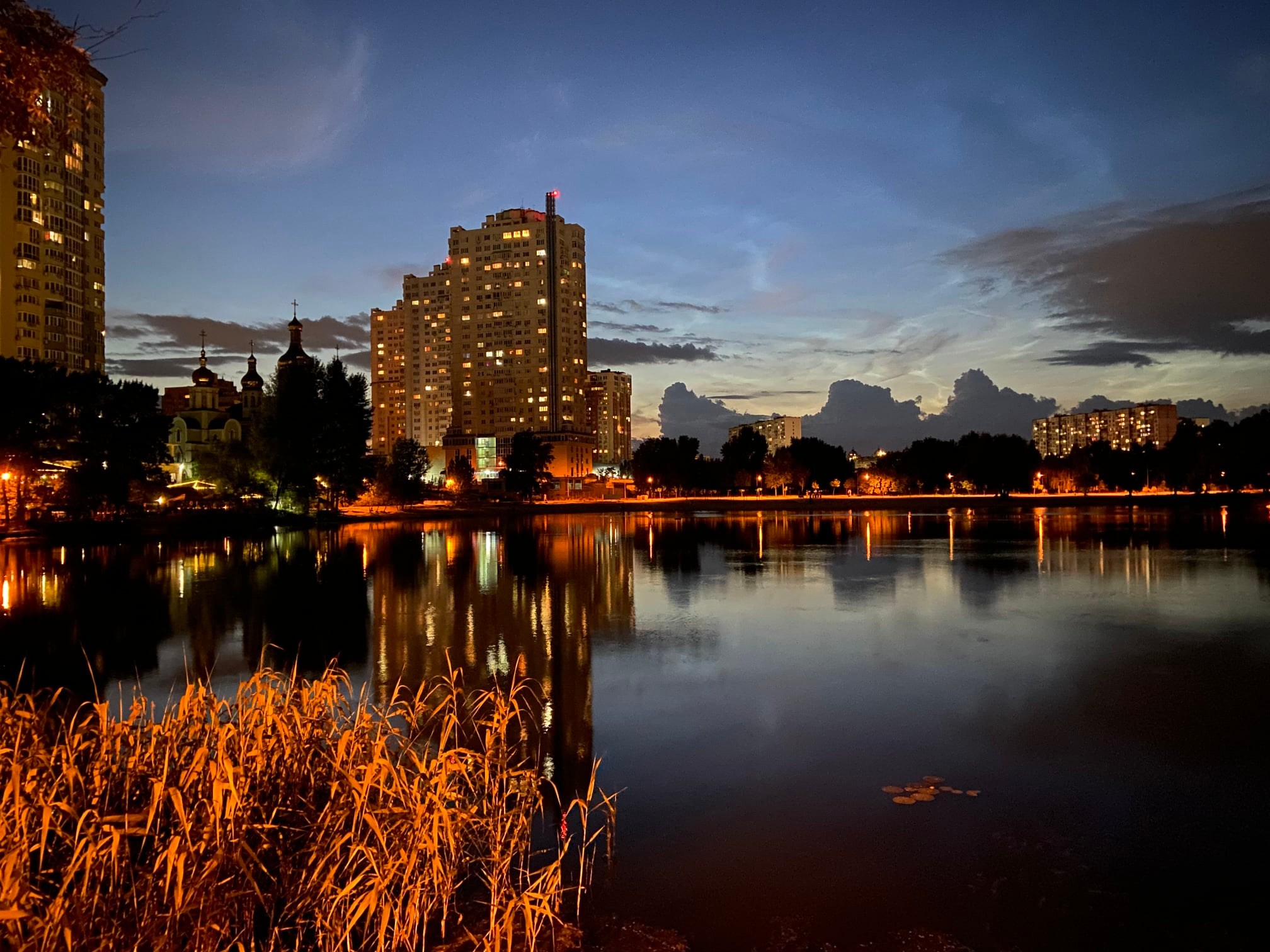
“Russia’s Extractivist Capitalism and the War In Ukraine” – a note by Siarhei Liubimau
February 26, 2022
We crossed the Ukraine-Slovakia border yesterday, but I have no feeling of entering some different reality. Here trying to put together my thoughts, starting from Thursday –
Communication of Russia with Ukraine in recent months resembles the 1914 ultimatum of Austria to Serbia, which has led to WWI. First similarity is that the only way for Ukraine to fulfil Russia’s ultimatum is to annihilate itself. Second similarity is that Putin and Russia’s Security Council are directly saying that in fact this is an ultimatum to the whole NATO, not to Ukraine.
US, Canada and Western European countries were evacuating their embassies from Kyiv already from mid- February, because they had evidence that Kremlin’s claims about NATO borders should be taken seriously. So the phrase that the world is on the brink of a war of WWII scale is not an exaggeration. The strategy of the West to contain the war within Ukraine’s territory (and not to expose to war hazards tens of millions people in the rest of Europe) is understandable, but it is very uncertain if such containment will be effective in the long-term perspective.
I would pay attention to two amendments made in Russia’s Constitution in 2020 (back then most of public attention was diverted to the issue of the position of President and the possibility for Putin to be re-elected). First is the priority of the Russian Constitution over international law (art. 79). Even Lukashenko (!!) in the arbitrarily updated Constitution of Belarus has now kept the priority of international law over domestic law. And, second, at the same time, the Russian Federation’s right to inherit USSR responsibilities and assets beyond the territory of the Russian Federation (art. 67.1). Which assets? Buildings? Energy infrastructures? Transport infrastructures like ports? Today these amendments look like the bold signs of war, and they were basically not noticed by Russian independent experts who are given a floor internationally. And it is also very worrying that for several weeks, there was a symphony of Russian independent experts repeating that Russia’s invasion into Ukraine is impossible and will not happen.
Based on my observations of how the situation in the region deteriorated from 2020, now the situation in Belarus is the key to whether Russia’s Security Council will take the decision to invade Lithuania, Latvia and Estonia. Recently appointed Russia’s ambassador to Belarus is Boris Gryzlov – with no previous diplomatic experience, but starting from 2004 permanent member of Russia’s Security Council. What is an adequate political goal in Belarus for such a career (especially in the context of escalating regional military conflict)? Very unlikely that only to tame Lukashenko, who is already very much pooled by the Kremlin.
The tragedy of Belarus now is that all the political players are intentionally or unintentionally working on the destruction of Belarusian statehood. Lukashenko and the Kremlin do everything to make Belarus state institutions toxic both for Belarusians and in the international context. EU and US economic sanctions on major taxpayers in Belarus further strengthen the country’s dependency on the Kremlin. Particular Belarusian politicians prioritised by governments and international media, Sviatlana Tsikhanouskaya and Pavel Latushka, de facto did much more to create power vacuum in Belarus, than to actually represent Belarusian society politically. Very sadly, they were most effective as outsourced lobbyists of the competitors to major Belarusian taxpayers (and of the competitors to some significant Lithuanian taxpayers too). The result is gradual destruction of Belarus’ tax state (and increasing dependence on external financial help from Russia), which erodes foundation for electoral politics and for any democratic changes in the long run.
Possibility for Russian troops to attack Kyiv from Belarus territory would not be there without such gradual destruction of Belarus statehood. Despite all the similarities with Putin (in terms of values, geopolitical views, etc.), Lukashenko still tries to distance himself from the invasion in Ukraine. Civil societies in Belarus and Ukraine should recognise it and use it for their own purpose. The decision about the invasion was taken by Russia’s Security Council (so far there is no Collective Security Treaty Organisation involvement, as some expected and were afraid of); Lukashenko was informed about the invasion by Putin after the invasion had already started; so far no Belarus troops are in Ukraine. Most probably the Kremlin will be doing everything to involve Belarus into war against Ukraine as the second aggressor-state. If this will happen, I am afraid the risk of at least hybrid military interventions in the Baltic states (NATO members) is growing enormously.
It is very hard to understand the real political purpose of this war. Putin is very good at hiding his real intentions. In 2014-2015 he managed to convince the world that he read too much of conservative philosophers and historians and got crazy. Now it is clear that back then the strategic bottomline was to retain the status quo in Black Sea and to stop Ukraine’s integration into EU and NATO. Now, with Crimea and part of Donbas region occupied, Ukraine’s membership in these unions was not on agenda anyway. So what Putin says now about protecting Russia from NATO missiles in Ukraine is another ‘red herring’.
In my understanding, today Putin and Russian Security Council’s goal is to impose on Europe the rules of crude extractivist capitalism, with political geography made not of states developing their territories and accountable to their citizens, but of guarded extraction sites, pipes, servicing engineers, supporting finance infrastructure, as well as consumers with no leverages to influence this political geography. If these rules prevail, Putin and Russia’s Security Council will own Europe sooner or later within years. If there was no Gazprom’s Nordstream, there would be no war in Ukraine (in Russia’s Security Council reasoning, gas transporting pipes from Russia to the West through Ukraine was the constraint for large-scale invasion before). Actually Gazprom was ‘an elephant in the room’ in the 2020 elections in Belarus too. Its direct projects, money and media did a lot to hijack and hollow out Belarus’ long-term civil society agenda, symbols, and electorate. This has led to the ongoing process of hijacking and hollowing out of Belarusian state. The outcome is Russian ballistic missiles in Belarus targeted on Ukraine, and Russian troops heading towards Kyiv from Belarus territory.
It is very meaningful that the launch of this war coincides with the first steps of the new government in Germany. Today German society has a really big potential of becoming one of global political leaders of upcoming energy transition – due to systematic rich investment into education and civil society, it is not only one of centres of technical innovations, but also of political innovations in relations between state, society and energy sources. Continuing business as usual with Gazprom would destroy or at least very seriously undermine this global leadership potential – both for the new promising government and for the German society at large.
Long live Ukraine!
On photo – Telbyn lake in Kyiv, June 2021


